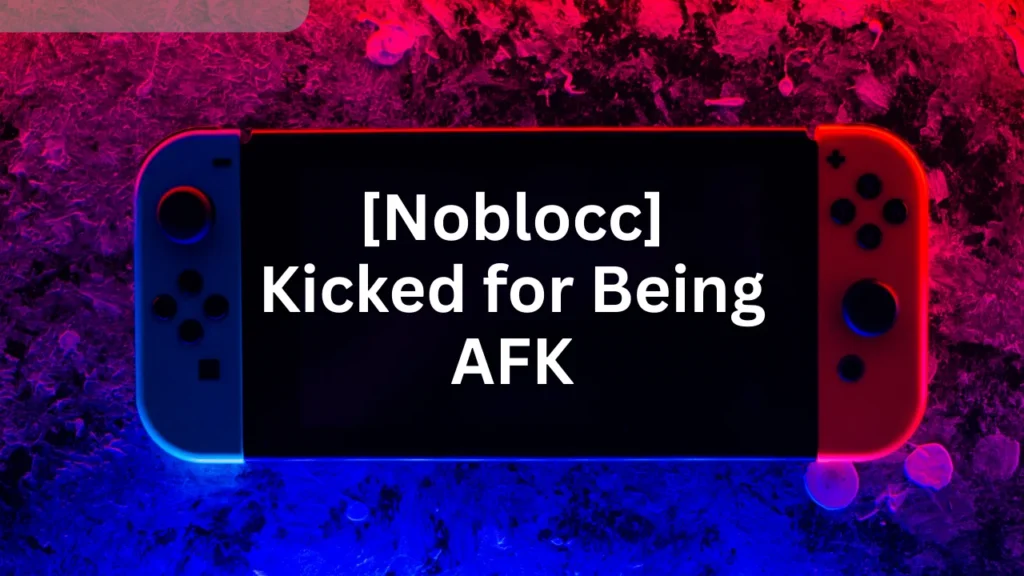In the realm of online gaming, few things are as frustrating as being kicked from a game for being AFK (Away From Keyboard). Whether you’re in the midst of a heated battle or coordinating with teammates, getting booted due to inactivity can derail your progress and often leaves players wondering about the mechanics behind such decisions.
What is AFK?
AFK stands for “Away From Keyboard.” It refers to a player being inactive or not actively participating in the game. This can happen due to various reasons such as taking a break, dealing with real-life interruptions, or simply not engaging with the game actively.
Why Do Games Kick Players for Being AFK?
The primary reasons games implement AFK detection systems are to maintain fairness and balance within matches, as well as to ensure the overall quality of gameplay. When a player goes AFK, especially in team-based games or competitive environments, it can severely impact the experience of other players. Here are some key reasons why games kick AFK players:
- Fairness: In multiplayer games, each player is expected to contribute to their team’s efforts. An AFK player not only detracts from their team’s effectiveness but can also give an unfair advantage to the opposing team.
- Game Flow: AFK players disrupt the flow of the game. Whether it’s a timed match or an objective-based game, having inactive players can hinder progress and frustrate teammates.
- Resource Management: Servers and game resources are optimized to handle active players. Keeping inactive players connected unnecessarily can strain server capacities.
How AFK Detection Systems Work
The specifics of AFK detection systems can vary between games, but they generally rely on several key indicators to determine if a player is AFK:
- Movement: Lack of movement over a certain period is a common indicator. Games often monitor player inputs such as keyboard strokes, mouse movements, or controller inputs to detect inactivity.
- Actions: Some games monitor a player’s actions within the game. For example, if a player hasn’t attacked, used abilities, or interacted with the environment for a significant amount of time, they may be flagged as AFK.
- Time Thresholds: Games typically have predefined time thresholds that trigger AFK detection. These thresholds can vary widely depending on the game type and specific gameplay mechanics.
Consequences of Being AFK
When a player is detected as AFK, games usually implement consequences such as:
- Automatic Kick: The player is automatically removed from the game session or match.
- Penalties: In some cases, frequent AFK incidents can lead to penalties such as temporary bans from matchmaking or loss of in-game rewards.
Handling AFK Situations as a Player
To avoid being kicked for AFK and to contribute positively to the gaming experience:
- Stay Active: Even during breaks, ensure you move your character periodically or communicate with your team if you need to step away.
- Understand Game Mechanics: Familiarize yourself with the specific AFK detection rules of the game you’re playing.
- Respect Other Players: Remember that AFK penalties are in place to maintain fair play and ensure everyone has an enjoyable gaming experience.
In conclusion, while being kicked for AFK can be frustrating, it serves an important role in maintaining the integrity of online gaming environments. By understanding these mechanisms, players can better appreciate the efforts game developers make to ensure fair and enjoyable gameplay for all participants. So next time you sit down for a gaming session, remember to stay active and engaged—it’s not just about avoiding penalties, but also about contributing to the excitement of the game itself.

